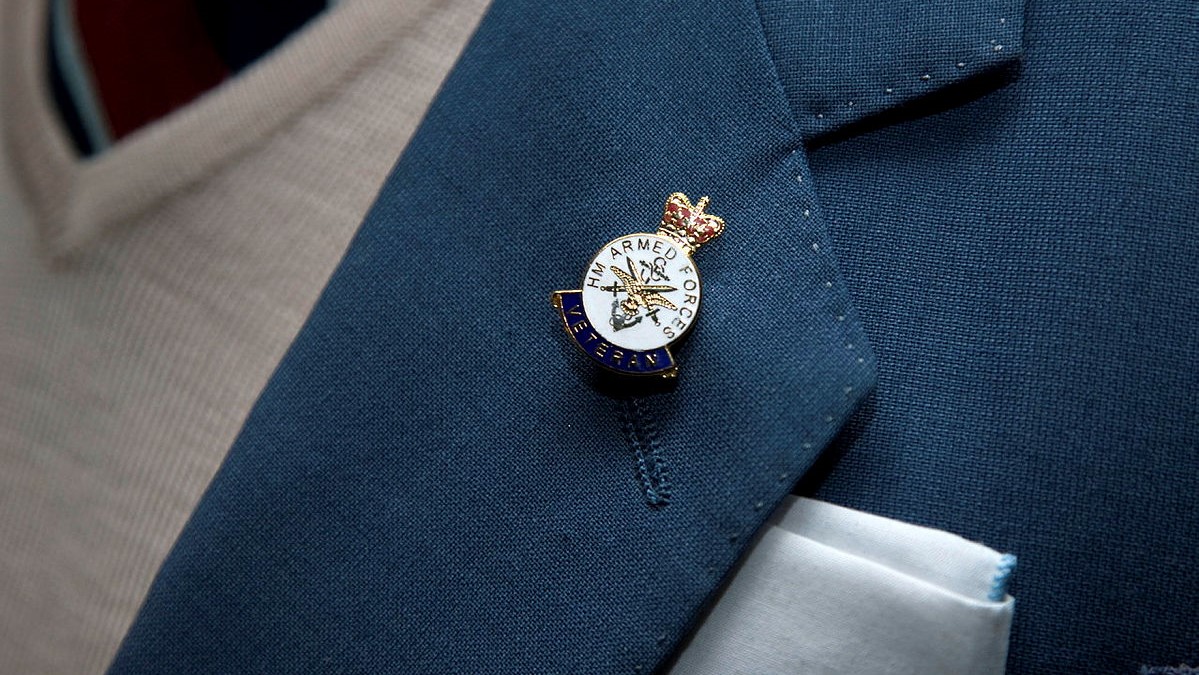
Veteran ID Cards: the latest figures on number of cards issued

The number of Veterans ID cards issued under the criticised government rollout has been unveiled.
By the end of last month, a total of 63,501 cards had been issued, providing veterans with a way to easily prove their service.
Figures released in response to written questions show that the highest number of cards - 3,942 - were given out in Wiltshire, while the smallest number - just one - was handed out in the City of London.
The second-highest number was in Guildford with 2,055 and the third-highest was Richmondshire with 1,469 cards.
The Isle of Scilly and the Shetland Islands both issued three cards each.
A further 1,441 ID cards have been issued to veterans living overseas.
The figures are a reflection of where veterans choose to settle after they leave the forces.
When the ID card was announced by the government in 2019, officials said it would be delivered in two tranches.
Phase one would see the veterans ID card given to all service leavers as part of the discharge process from 18 February 2019 and retrospectively to those who left on or after 17 December 2018.
Phase two would see the wider veteran community being told they could apply to receive a card by the end of 2019.
The government said in February last year that phase one was complete.
To date, only those who left on or after 17 December 2018 have been eligible to receive a card. The estimated 1.8 million former members of the Armed Forces who served prior to this date are still waiting.
The latest figures come after Minister for Veterans' Affairs, Johnny Mercer was thought to have pledged to have his eyebrows shaved off if the card's timeline is not delivered on.
Mr Mercer also told The Daily Telegraph that the scheme would be delivered by summer 2023.
The government says that the aim of the veterans ID card to give veterans a way to access government services quickly and easily.
These could include health, housing and charitable services, following complaints from some veterans that it was difficult to prove their eligibility.
Last year Labour criticised the speed of the roll out and suggested that those entitled to a card would, in theory, be waiting 125 years to receive it.









